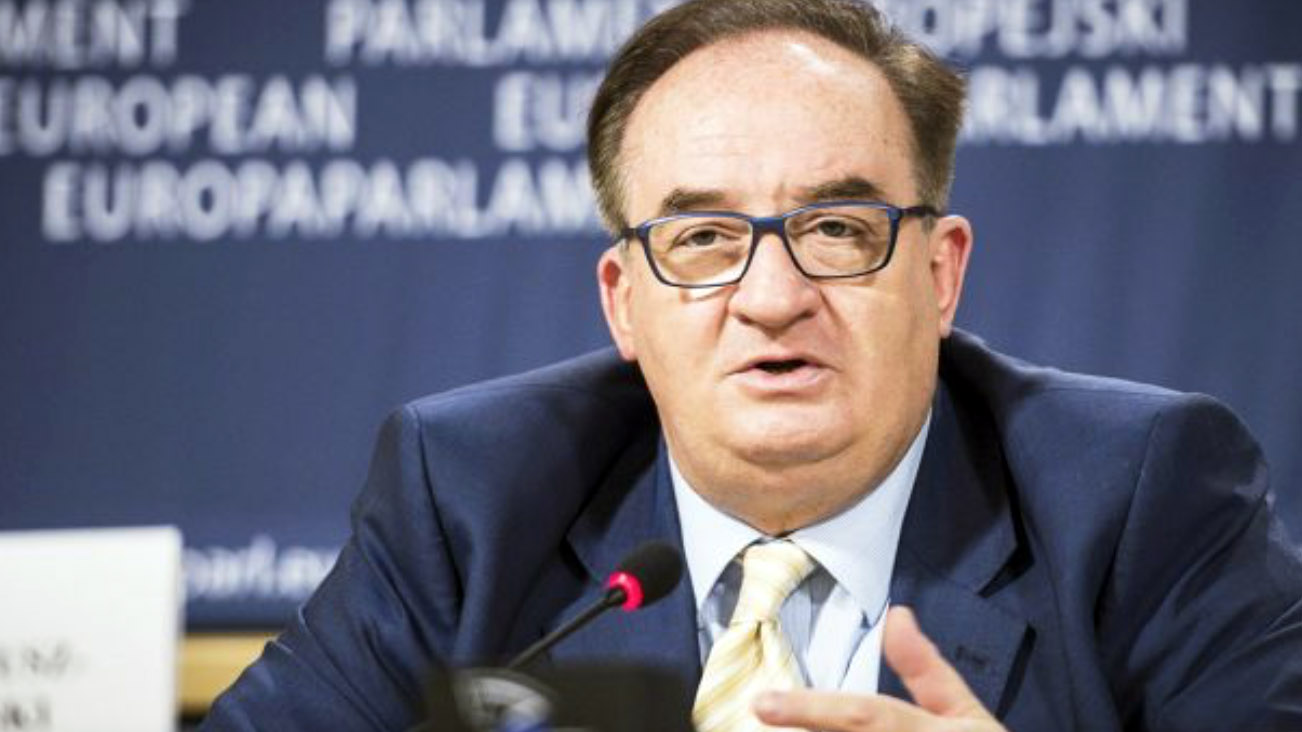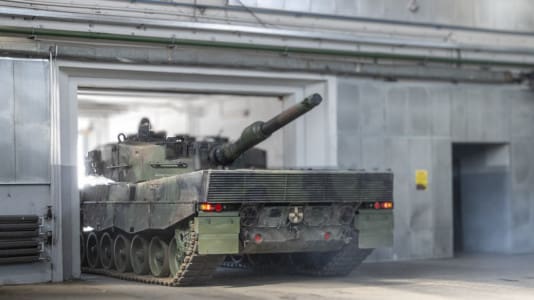Proposed reforms to the EU’s treaties, which will be voted on in the European Parliament next week, would create a European superstate, Polish MEP Jacek Saryusz-Wolski has warned.
Saryusz-Wolski, an MEP from Poland’s ruling Conservatives (PiS), was a negotiator for the European Conservatives and Reformists (ECR) in the European Parliament’s working group on reforming EU treaties.
The ECR was a minority within the group, as the other five parties represented, namely the EPP, Renew Europe, Socialists, Greens, and the Left, all voted for the federalist document. The ECR includes ruling parties in Poland, Italy, Czechia, Sweden and Finland.
In his interview with portal i.pl, Saryusz-Wolski warned that the proposed changes in the treaties involve a mass transfer of powers in 65 policy areas, which are to be covered by Qualified Majority Voting (QMV) rather than the principle of unanimity, and the direct transfer of powers from the member states to the EU in 10 policy areas. According to Saryusz-Wolski, this means that a European superstate will be created with the member states reduced to the role of states in a federal country.
These policy areas include foreign and security policy, the EU budget, policing, and family law. All of these would be handled by QMV. The new areas of competence to be transferred from the member states to the EU would include forestry, health, transport infrastructure, foreign and security policies, industrial policy, and education. The treaties are also to include gender equality instead of equality of the sexes.
The PiS MEP expressed his concern that making defense a competence of the EU could lead to the creation of a European army that would not necessarily be compatible with NATO or even an ally of the USA. That, he feels, is totally unacceptable for Poland as, given the realities of the EU, it would mean Poland’s defense being at the mercy of Germany and France.
This would result in “countries that still hold on to the false prospectus of a Europe stretching from Lisbon to Vladivostok,” he said.
Saryusz-Wolski conceded that the European Parliament will support these proposals but pointed out that they must also be backed by the European Council, which is made up of the member states. Many member states are reluctant to back this proposal, but, as with the abandonment of the Nice Treaty for the Lisbon Treaty, they may well be pressured politically and blackmailed financially to relent. “This is why the matter is urgent and must be blocked early on,” claimed the Polish MEP.
Saryusz-Wolski noted that should the Polish referendum on migration be successful and the voters reject the EU migration pact, that would mean that any future Polish government would have to oppose transferring powers over migration to the EU. However, Saryusz-Wolski does not rule out that another referendum will have to be held on any new EU treaty.
He also warned that the federalists wanted to see the European Parliament appointing the European Commission, with the European Council only having a limited power of veto. This, he argued, would in effect make the Commission a government ruling over countries that had not taken part in electing it.
The MEP also explained why he had opposed the idea of EU-wide referenda being initiated. He said that this would mean countries interfering in each other’s affairs. “The EU is still an organization of sovereign and independent states and not one polity,” he added.
Saryusz-Wolski wants to see Poland lead a coalition against the proposed changes, something which will only be possible if the election on Oct. 15 is won by the ruling PiS.
However, he is concerned that the main powers in the EU and the Commission will blackmail Poland and other states by linking enlargement of the EU to the Balkans and Ukraine with the need to adopt the changed treaties. Poland has already had to endure financial blackmail over post-pandemic funds being denied, but its economy was strong enough for it to be able to resist.
Saryusz-Wolski concludes by saying that Poland must continue to resist the idea of the EU superstate in order to maintain its independence.






